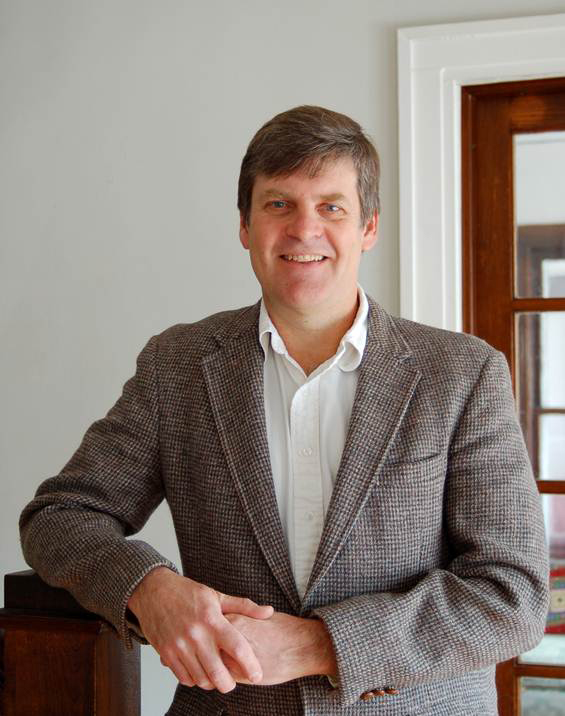
The past dozen years have been rough on the Colorado Shakespeare Festival.
The festival is a proud product of the University of Colorado Boulder and a cherished cultural gem in the city of Boulder. But according to numbers provided by the university, in only one of those years, 2000, did the festival post a profit. In all other years, expenses dwarfed revenue — by as much as $500,000 one year — leaving the College of Arts & Sciences (A&S), which provides an institutional home, resources and funding to the festival, footing the difference. The number of tickets sold in 2012 was just 40 percent of the number sold in 1994, according to numbers provided by A&S Assistant Dean for Finance and Operations Cynthia Husek.
Pre-recession, says A&S Dean Steven Leigh, it made sense for the college to subsidize the festival. Taxpayers subsidized each in-state student’s education to the tune of $6,400 a year, so covering the losses of a program like the Colorado Shakespeare Festival (CSF) that mainly served the public interest, not the university’s mission, made sense — “a conscious decision to benefit the taxpayers in your area,” Leigh says.
This year, Leigh says, the state contributed $3,200 per in-state student.
“The fact that we’re now putting tuition money [instead of state money] into it is the fundamental problem,” Leigh says. “In the previous model, the community was benefitting quite substantially … so it’s justifiable to take tax money and put it back into the community. Now what we have to do is say, this is being driven mostly by tuition, so we have to make sure this contributes to our students.”
And in Leigh’s opinion, backed by that of Provost Russell Moore, the CSF wasn’t contributing directly enough to student education to justify that subsidy.
“Since this is an academic institution, we’re expecting Shakespeare to get back on a firm financial footing, and to contribute both materially and programmatically back to [A&S] in tangible ways,” Moore says.
Provost Russell Moore
But there seems to be consensus among university leaders that the CSF shouldn’t be seen as merely a ledger item on the A&S budget. The program, after all, does provide value to the university in terms of cultural cachet and community support. After all, part of the mission of public universities is to serve the public. But, at Moore’s insistence, the CSF must now focus on ways to engage students with the festival.
“It’s important to view it in somewhat more general terms [than just straight financial ones],” says David Boonin, associate dean for arts and humanities. “[CSF] has to show that it’s engaged with students and that there’s student benefit. In my view, at least, it doesn’t have to be the case that in every given year it’s exactly paying its way.”
While ideas aren’t yet final regarding how best to achieve that sort of benefit, the university has taken some steps and is kicking around ideas. The university is bringing in Harry Berger Jr., a professor emeritus at the University of California, Santa Cruz, to teach a class in concurrence with the festival, in which students could watch rehearsals and interview actors and producers. Leigh also throws around ideas about getting the theatre and dance, film studies, history and English departments offering summer courses to students revolving around the CSF. And the more students enrolled in CSF-related classes, the better the festival would be at fulfilling the university’s educational mission and, more importantly, the more revenue it would generate for the festival and the College of Arts & Sciences.
No matter the shape taken by these directives mandated by the provost and dean, the days of the CSF running deficits in the hundreds of thousands of dollars appear to be over. The Daily Camera recently reported that a $985,000 bill racked up by the CSF over the last three years had been forgiven by Todd Gleeson, Leigh’s predecessor as A&S dean. CU issued a correction (the Camera said it was provided inaccurate information by CU officials), and the Camera’s updated story said Frances Draper, CU’s vice chancellor for strategic relations, believes the festival would need to make “steady progress on repaying the college for previous shortfalls.”
But according to Leigh and Moore, they are not demanding that the CSF pay back its debts. Rather, they are making clear that the CSF must start pulling its weight contributing to the university mission and right its ship financially.
“If you’re asking me, am I giving them a bill, the answer is no,” Moore says. “But it’s my expectation that they can’t lose any more money, and they have to, over time, show me tangible evidence that they are investing back in the college and back in the university. And not with words, but with material and programmatic reinvestment back in the college.”
Respond:[email protected]














